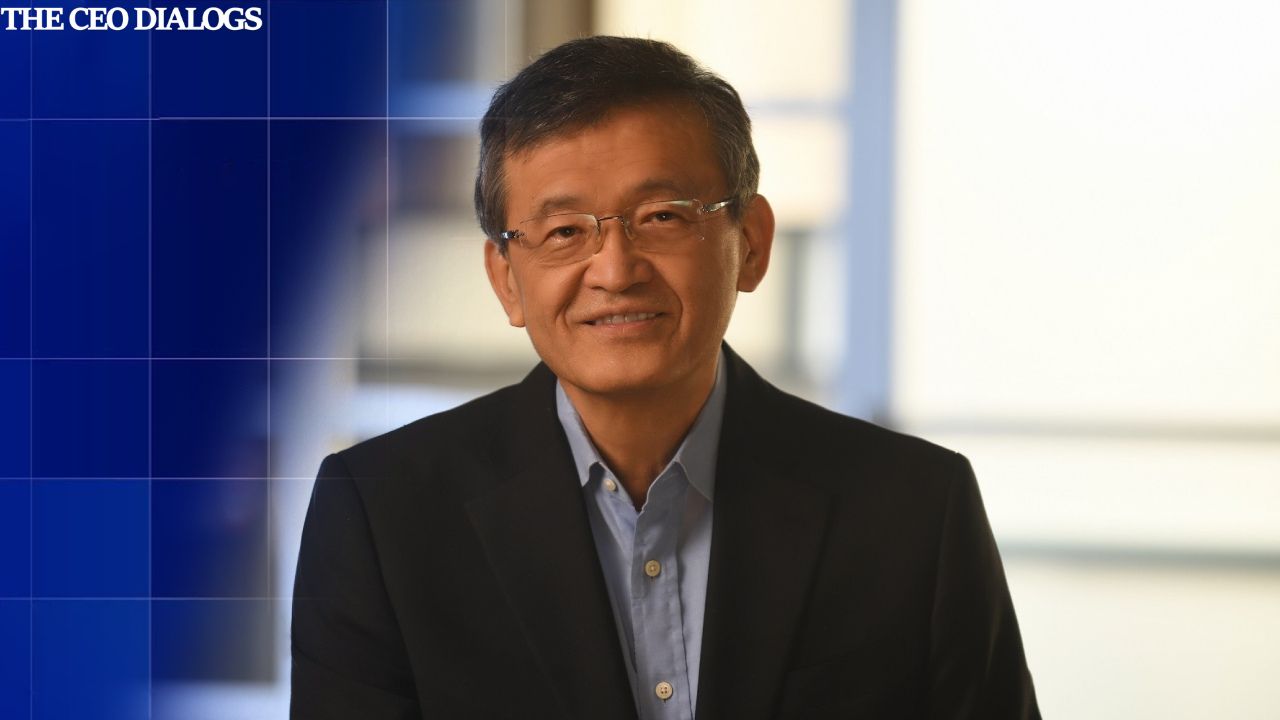As climate change and rapid technological advancements reshape the world, the manufacturing sector is undergoing a major transformation. India, now a rising global manufacturing hub, is tasked with the challenge of accelerating growth while reducing its environmental footprint.
SKF, a global leader in engineering solutions, is setting its sights on India with an ambitious commitment to drive sustainable growth, foster innovation, and promote inclusivity.
In a recent interview, Annika Ölme, SKF’s Chief Technology Officer, discussed the company’s strategic vision for India.
What emerging trends or technologies are most impacting manufacturing, and how is SKF poised to leverage them?
Digitalization, AI, and circularity—focused on recycling, reusing, and remanufacturing—are reshaping the manufacturing landscape. To capitalize on these trends, SKF has implemented a long-term technology strategy, spanning 3 to 15 years, that includes advancements like additive manufacturing, digital twins, and sustainable materials, while keeping an eye on emerging technologies like quantum computing.
How does this focus on innovation align with SKF’s long-term goals for India?
India is central to SKF’s growth strategy, emphasizing intelligent, sustainable growth. As one of SKF’s primary markets, India holds immense potential for expansion, especially with its strong economy and deep talent pool in R&D and digitalization. SKF aims to enhance its presence in India by strengthening the entire value chain, from manufacturing to customer engagement, positioning India as a vital part of its global strategy.
What has been effective in fostering a culture of psychological safety at SKF?
Creating a safe space where employees feel encouraged to share ideas and take risks without fear of failure is at the heart of SKF’s culture. Leaders at SKF model this by sharing their own challenges and learnings, promoting a “dare to try, dare to learn” mindset. Teams participate in psychological safety workshops to establish open communication norms, supporting innovation within a trusting environment.
What are the challenges in attracting and retaining female talent in tech and engineering, and how has SKF addressed these?
While SKF has made progress in management roles, increasing gender diversity in technical positions remains a challenge. To address this, SKF has initiatives that encourage girls in STEM from an early age, aiming to build a diverse talent pipeline. These community-focused efforts are part of SKF’s long-term commitment to diversity.
How does SKF balance technological innovation with sustainability, and could you share specific projects that highlight this?
At SKF, sustainability and innovation go hand in hand. The company aims for net-zero operations by 2030 and to achieve net-zero in its supply chain by 2050. Projects like clean steel sourcing and decarbonization efforts are core to SKF’s commitment to both environmental and customer goals.
What leadership qualities do you believe are key for effective global management?
Leading teams worldwide requires openness, transparency, and fairness to foster trust. Providing clear goals while allowing flexibility has proven essential to effective leadership, fostering an inclusive environment where everyone feels valued and motivated. This balance, Ölme notes, is a universal approach that drives performance and innovation across SKF’s global operations.











